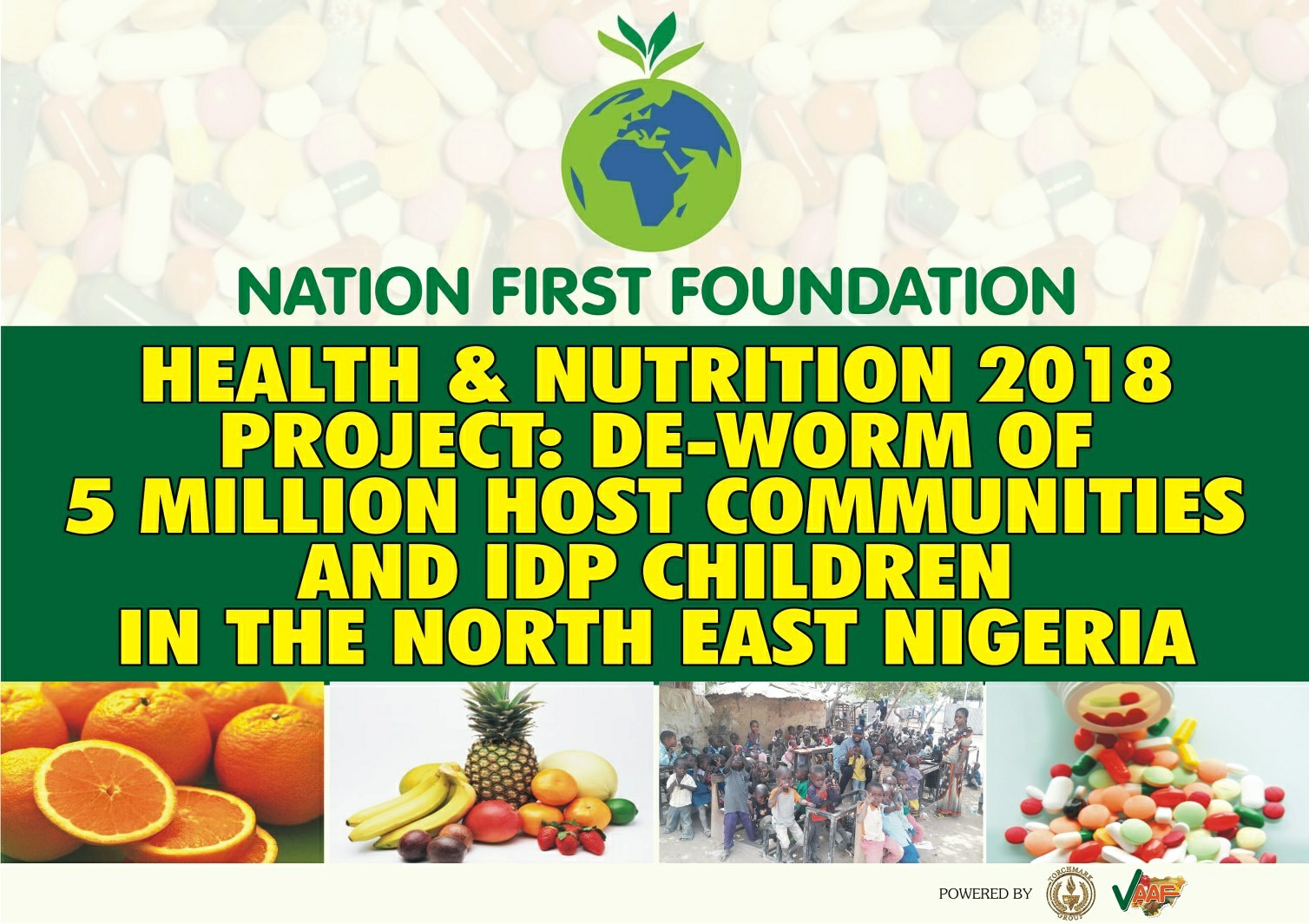
It was a ground breaking event on 23rd November 2022 at Transcorp Hilton, as AMAC in conjunction with Nation First Foundation unveiled a blueprint for Corporate Social Responsibility.
The presentation was quite insightful for the entire corporate community as well as other stakeholders with the Abuja Municipal Area Council, as they witnessed a paradigmatic twist and a redirection of the entire gamut of CSR going forward. As one of its kind, the first in the history of municipal councils in Nigeria, this was a novel step in the right direction with the sole purpose of reaching the most-in-need communities with efforts and targeted interventions sourced from CSR responses.
In the midst of scarce resources and the desire to meet the SDGs target at all levels of development, AMAC innovatively seeks the noble course of partnership not only to harness the expertise of Nation First Foundation – a community based organization embedded within its jurisdiction to perform oversight as well as coordinate CSR efforts, but also to facilitate a new CSR model where resources accrued therefrom are appropriately channeled to accomplish the needed outcomes; holistic and sustainable development. Albeit numerous developmental challenges bedeviling most deprived communities in AMAC, the CSR Blueprint focuses on Agriculture, Women and Youth Empowerment, WASH, Education, Health and IDP support.
As the operationalization of the blueprint commences properly 2023 and through to 2024, its overarching goal is that CSR efforts are delivered differently and to the most-in-need communities, while contributing to closing the infrastructural and community development margin down to about 18% in 2 years, thereby; improving public-private partnerships, promoting corporate citizenship as well as increasing positive brand image to the corporate community and other stakeholders within AMAC’s jurisdiction.
Strategically, it will deliver better developmental outcomes across infrastructurally deficit developed communities within AMAC, institutionalize community ownership and sustainability of all CSR interventions across benefiting communities in AMAC, create systems and deliver interventions through CSR efforts that engender positive corporate visibility, and consequently improve governance and socioeconomic engagements between the public and the private sectors in AMAC for community development and social change.

